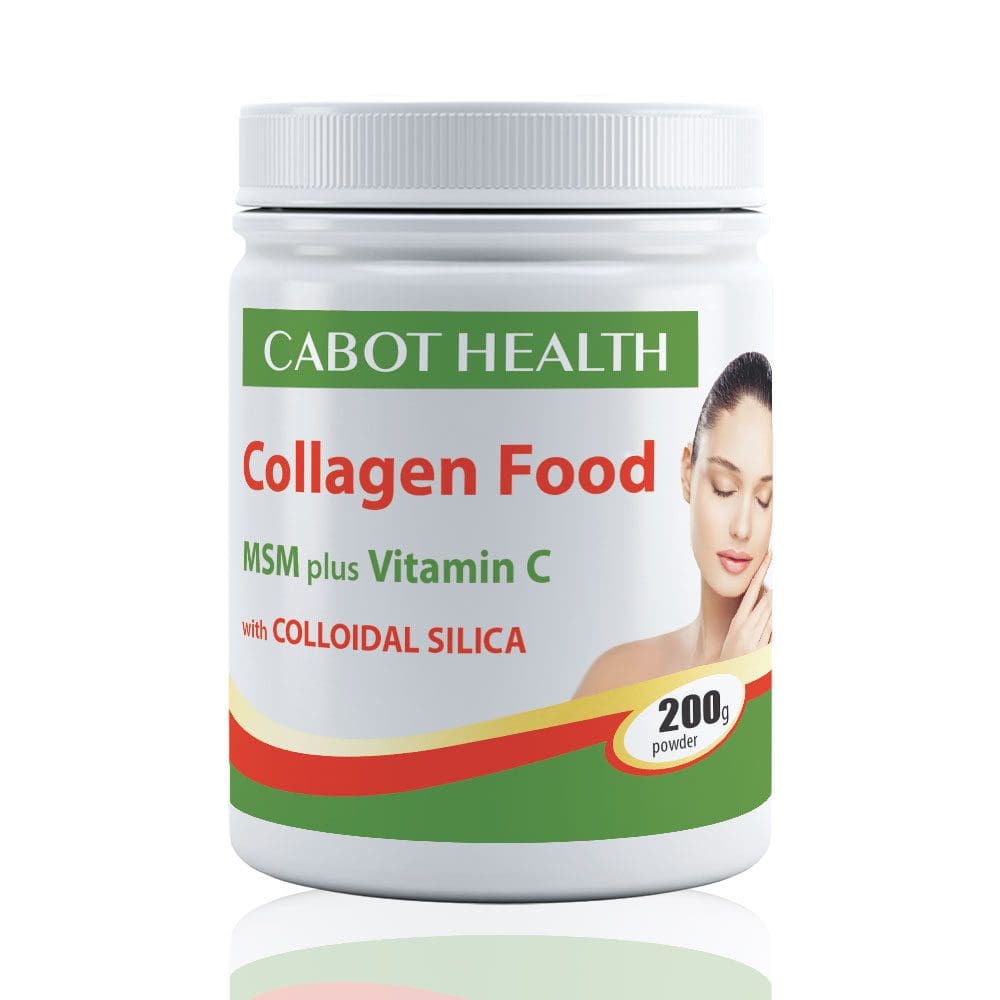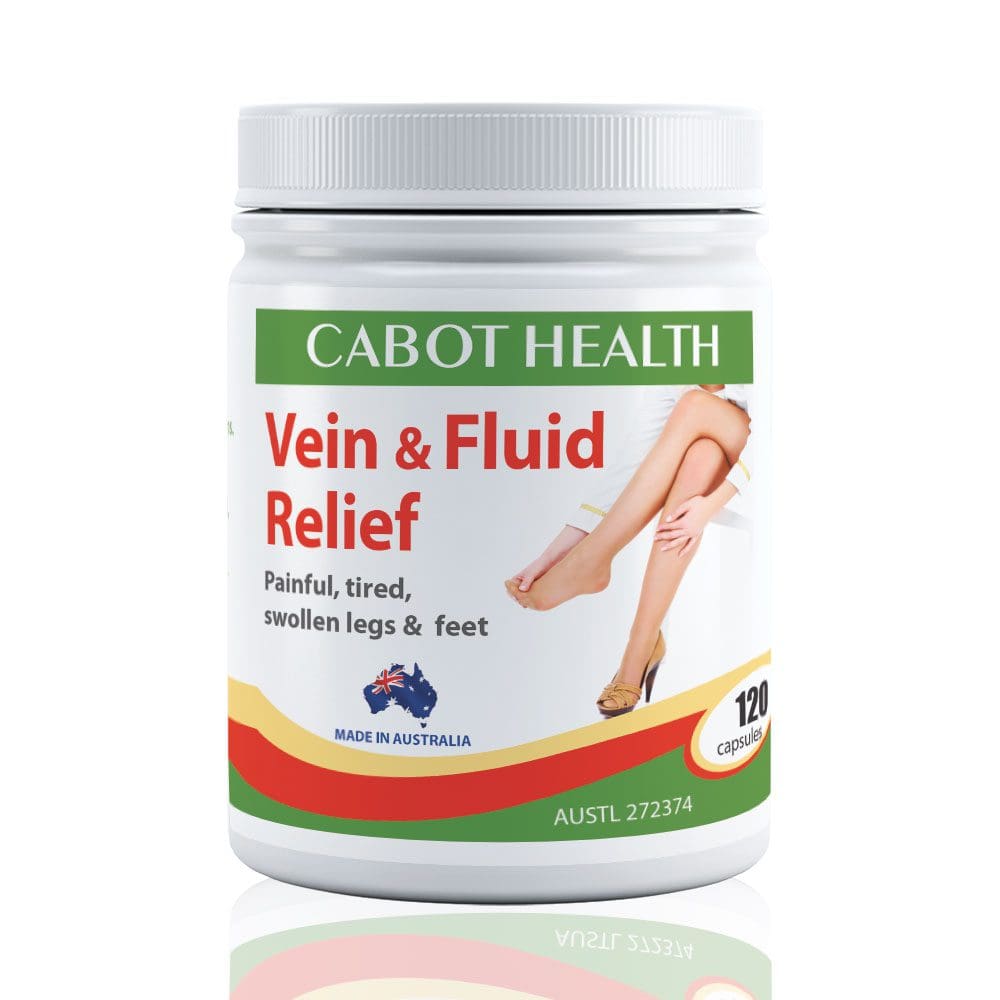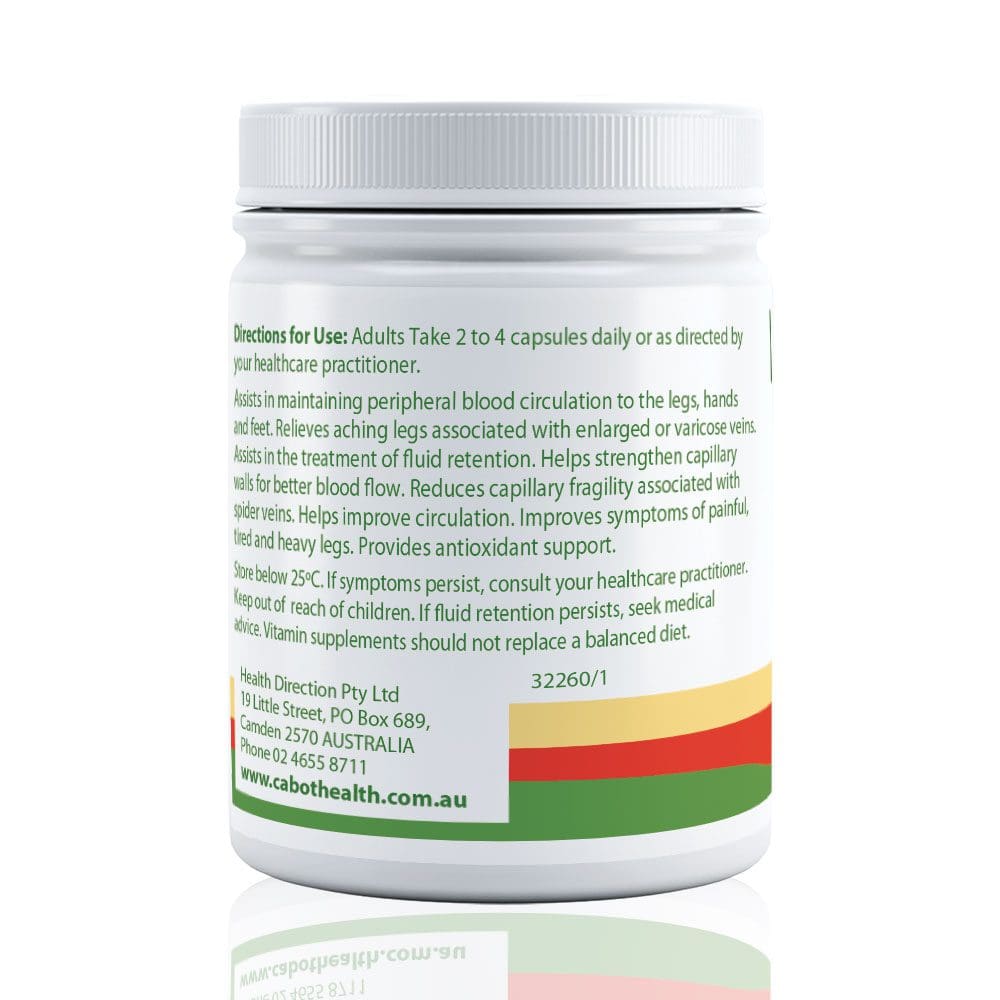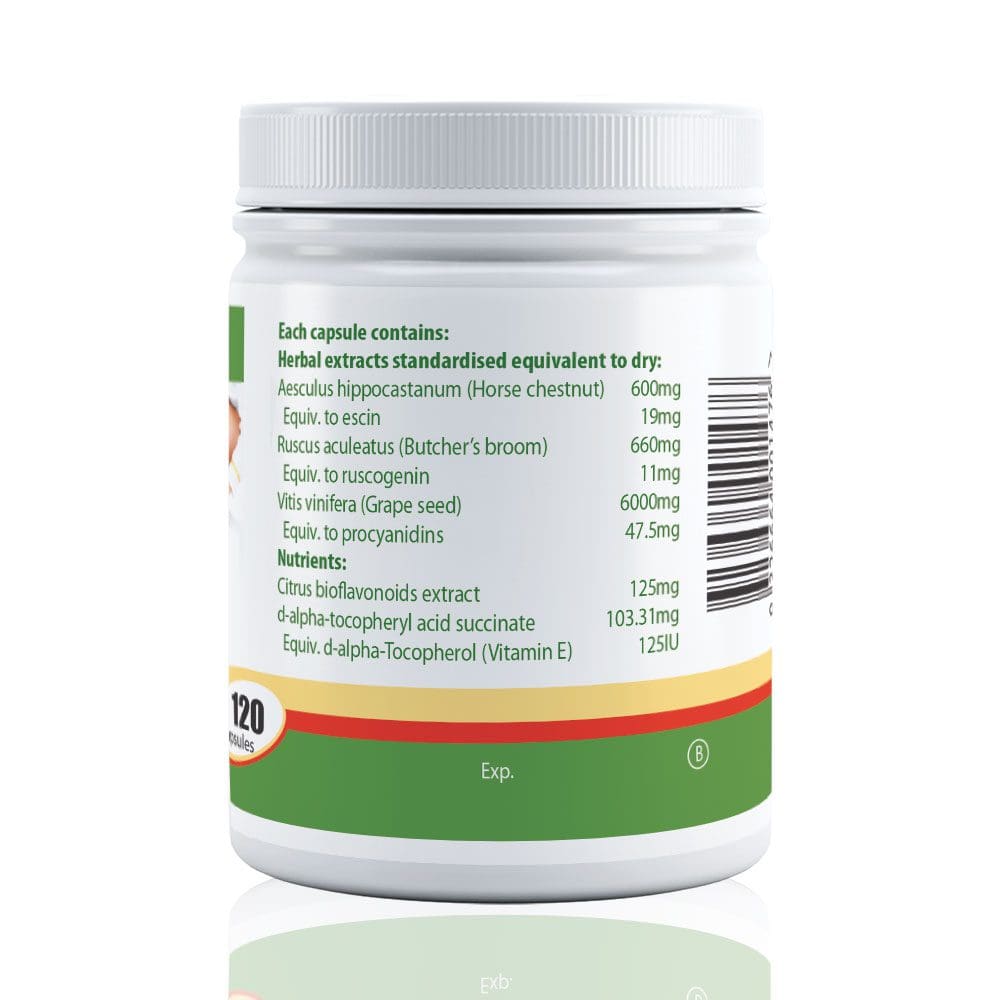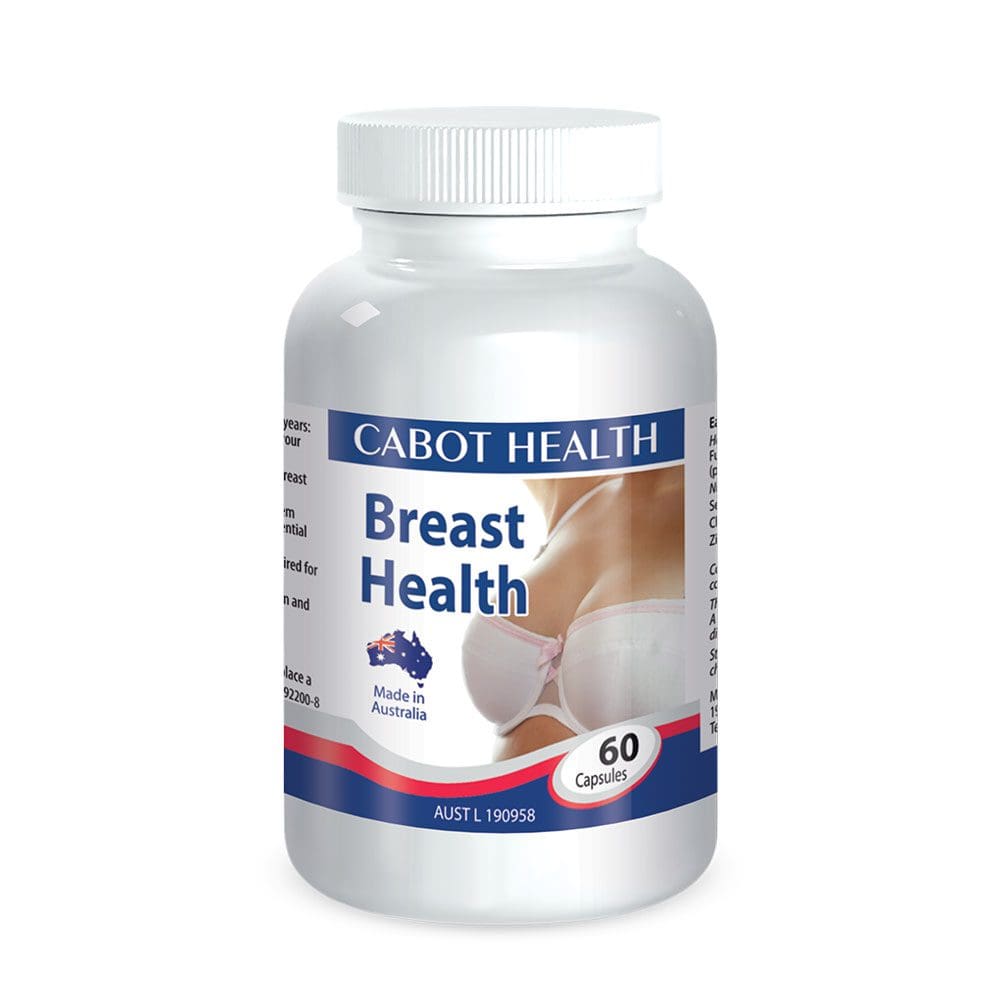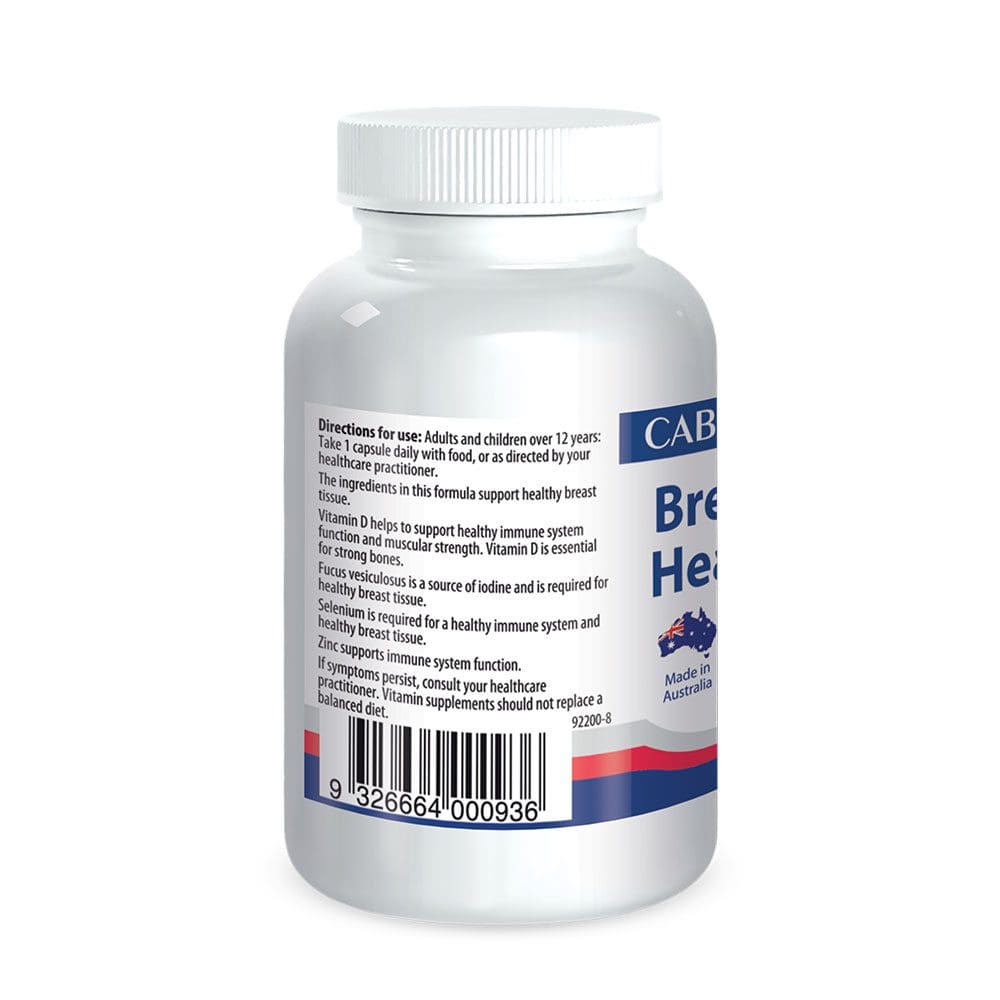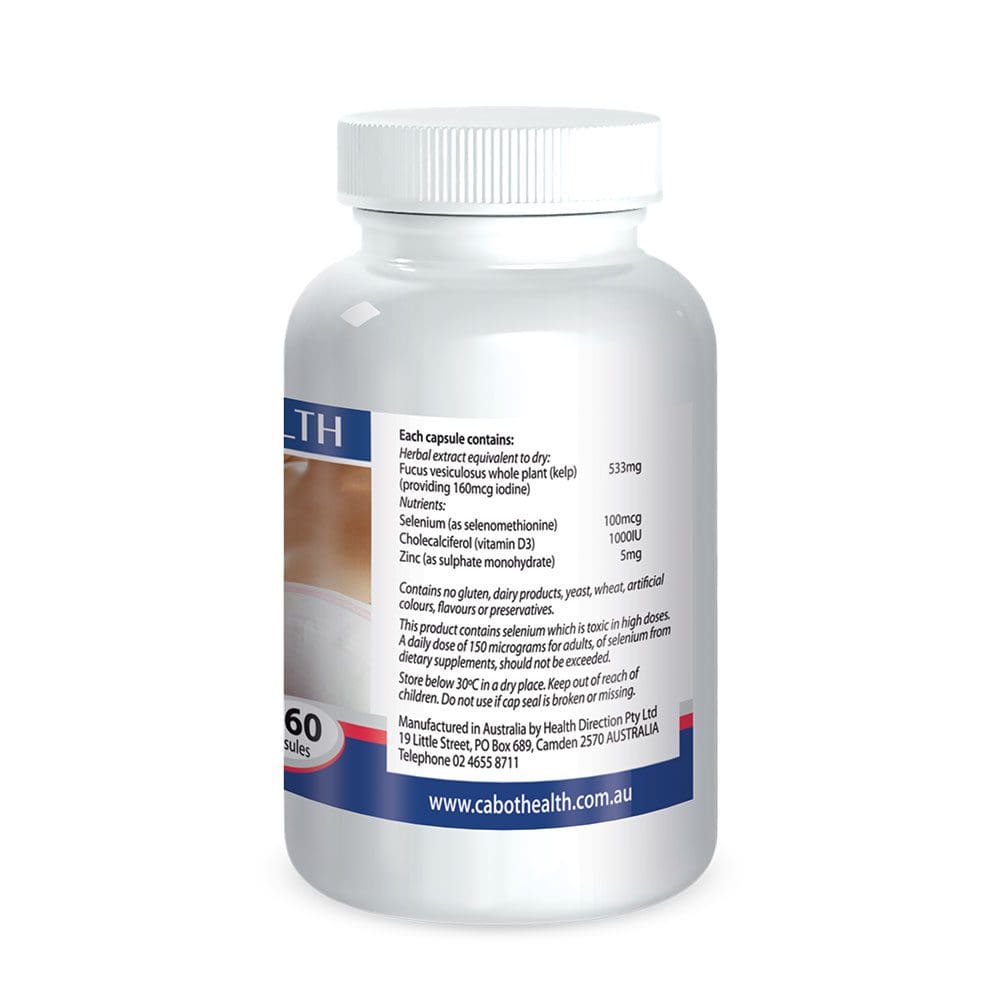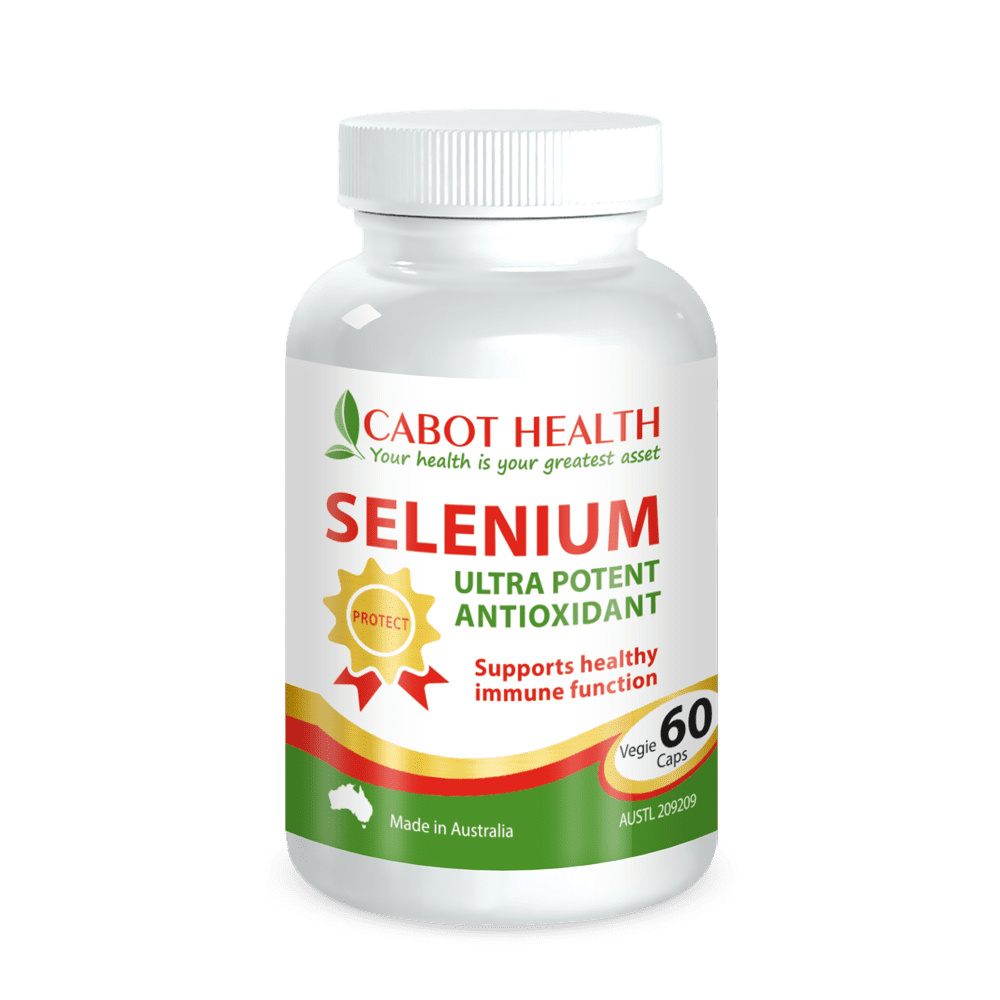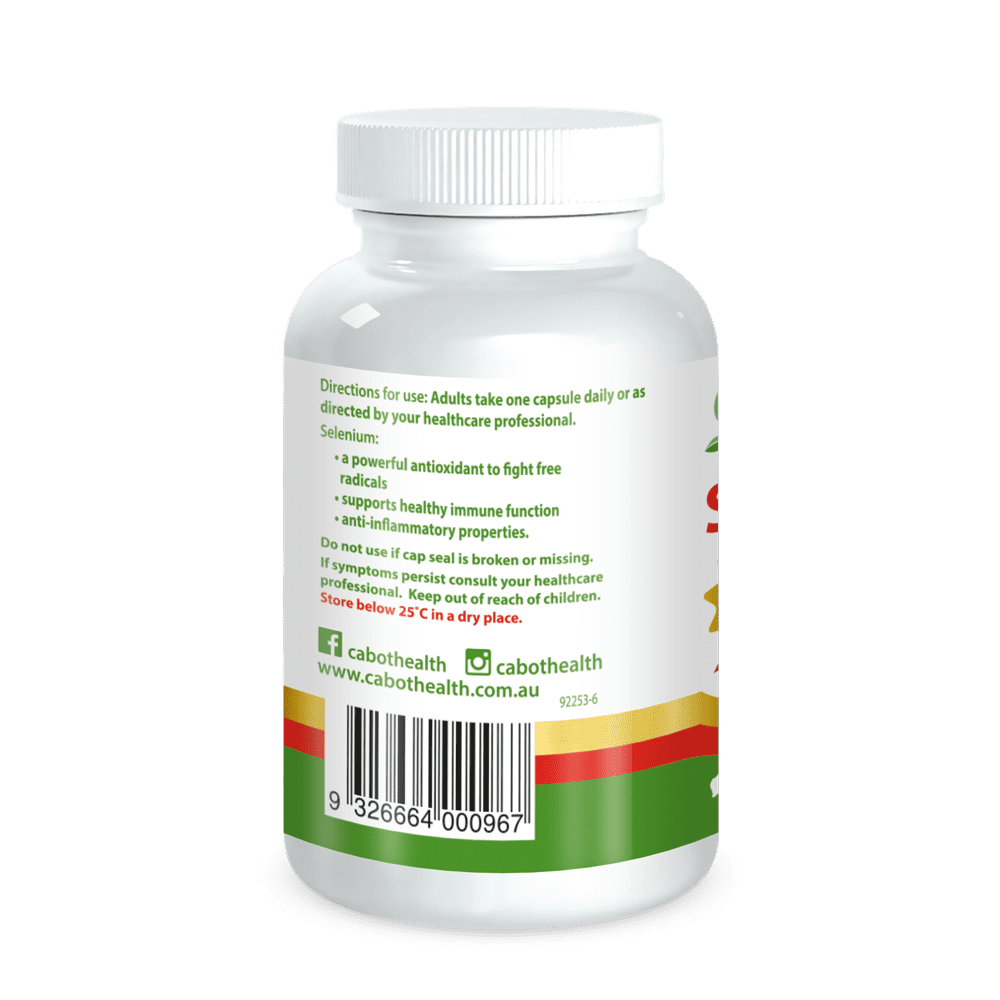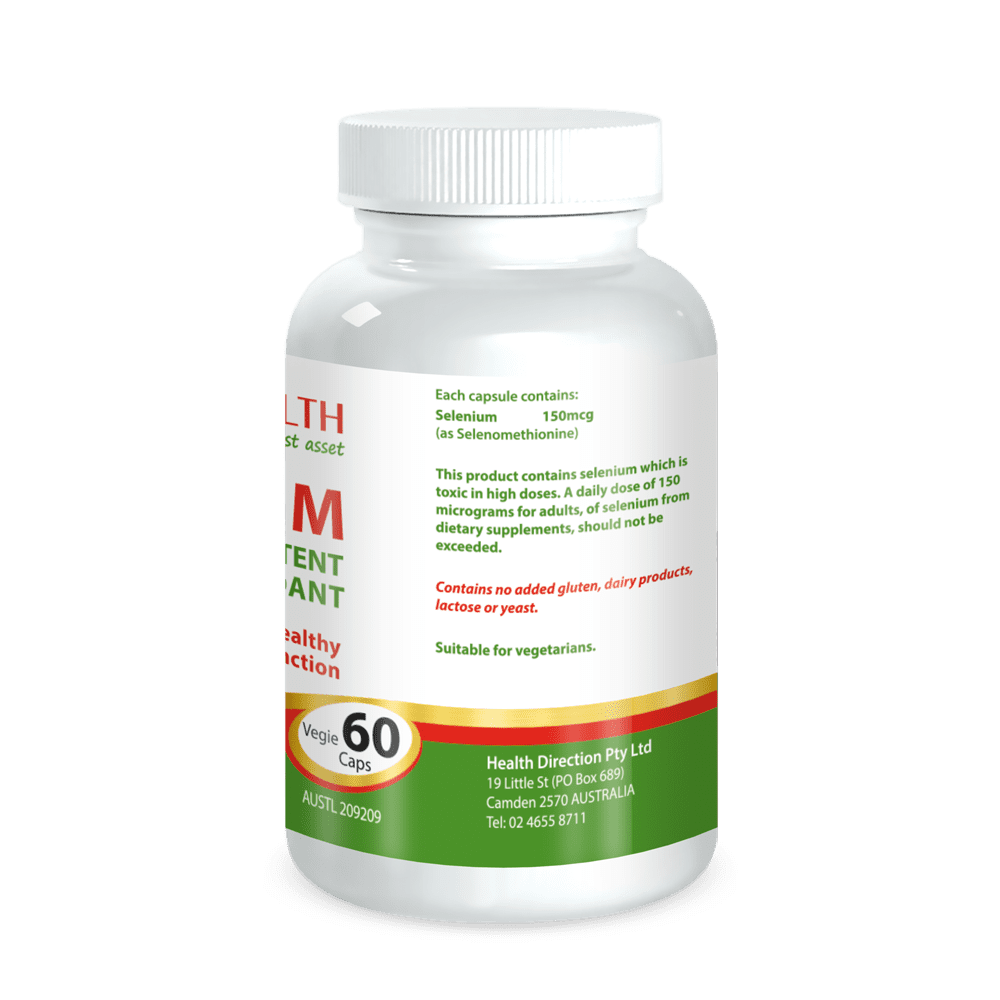Women’s Health
Being a woman certainly has its pro’s and con’s. Different stages in life make certain health conditions become more likely as the female body goes through biological and hormonal changes. We experience many health concerns that are specific to our gender such as pre-menstrual syndrome, menopause and polycystic ovarian syndrome (PCOS).
Premenstrual syndrome also known as PMS refers to the many physical and emotional symptoms a woman can experience prior to menstruation. Menopause refers to the change of life experience when menstruation ceases and you can no longer fall pregnant. During this time, there are many hormonal changes that bring about a range of symptoms that can be downright difficult for many women. Polycystic ovarian syndrome is a very common hormonal problem that affects normal ovulation as eggs are not released during the middle of the menstrual cycle, and this can cause a number of inconvenient symptoms.
Contributing factors
- PMS – Family history, stress and increasing age can contribute to PMS. Furthermore, many women will notice PMS after getting off the oral contraceptive pill, following pregnancy, postnatal depression or miscarriage.
- Menopause – Is a natural occurrence and the symptoms are mainly caused by fluctuating levels of the hormones oestrogen and progesterone.
- PCOS – The cause is not completely understood, but is associated with an imbalance in hormones.
Symptoms
- PMS – Bloating, acne, headaches, migraines, digestive upset, food cravings and mood changes such as anxiety and depression.
- Menopause – Headaches, irritability, hot flushes, night sweats, aches and pains, foggy head, decreased libido, fatigue, urinary frequency, sleeping difficulties, vaginal dryness and discomfort with sexual intercourse.
- PCOS – Difficulty losing weight, infertility, infrequent or heavy menstrual bleeding, acne, high cholesterol, hypertension, hirsutism, mood changes such as depression and anxiety.

Prevention Tips
- Eat a healthy diet – Consume a variety of healthy meals that include a range of fresh fruits and vegetables, good protein sources and good fats. Women with PCOS and menopausal women are often insulin resistant. Insulin is a fat storing hormone which suppresses the levels of fat burning hormones in your body. People with insulin resistance need to be wary of their carb intake as when they eat carbs excessive insulin is released which leaves them feeling unsatisfied and they are more likely to overeat.
- Get adequate sleep – Restful, quality sleep is very important to overall wellness. Ensure your sleep environment is dark and quiet, and try to withdraw from all technology half an hour before you go to bed.
- Reduce stress – Elevated stress levels can exacerbate PMS symptoms and make it harder to lose weight. Healthier ways to cope include yoga, meditation, tai chi, or simply listening to some relaxing music.
- Cut back on caffeine and alcohol – These beverages can exacerbate premenstrual symptoms, heighten anxiety and contribute to cramps. It is especially important to do this during the two week leadup to menstruation for those who suffer from PMS.
- Don’t smoke – There are many obvious reasons to not smoke as it has a debilitating effect on our health, and it is a known carcinogen. Smoking may increase the chances of getting osteoporosis and is a risk factor for PMS.
- Exercise regularly – It’s important to participate in regular exercise to increase feel good endorphins and to heighten mood related symptoms associated with PMS, menopause and PCOS.
- Manage weight –Women with PCOS that carry excess weight will notice their hormonal imbalances and symptoms are exacerbated. Being overweight can also increase the risk of PMS.
Related Products
FAQs
Does nutrition play a role in PMS?
Nutritional imbalances and deficiencies can greatly worsen PMS. It is possible to obtain complete relief from PMS after improving your diet and/or taking nutritional supplements.
Is PCOS curable?
With proper diagnosis and treatment, most PCOS symptoms can be adequately controlled or eliminated.



